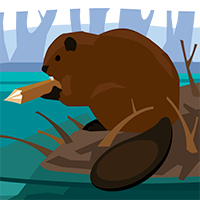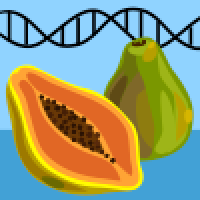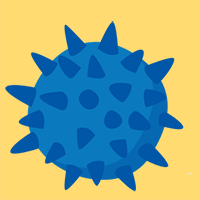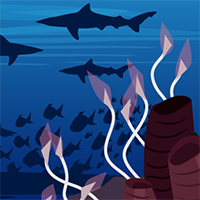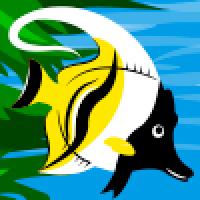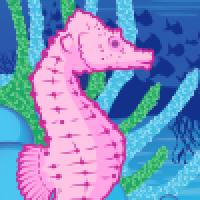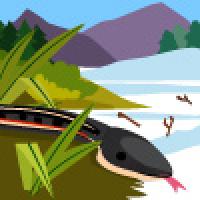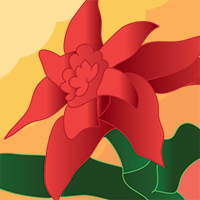Jason Borchert
Ouch - Body Defense and Repair
Kimberly Repp
Ouch! You just got a paper cut on your finger. What happens now? Besides the sting you are feeling from the cut, there are germs on that paper that are preparing to invade your body. For your immune system, this means war.
Also in: Türk
Snacking on Sunlight
Heather Kropp
Angela Halasey
If it weren't for plants, most of the other organisms on this planet wouldn't survive. Most plants can use energy from the sun to make their own food. Let's take a closer look at the complex process of photosynthesis that gives them this special ability.Also in: Nederlands | Français | Español | Português | Türk | عربى | தமிழ்

